Sustainability, Free Full-Text
Por um escritor misterioso
Last updated 02 junho 2024
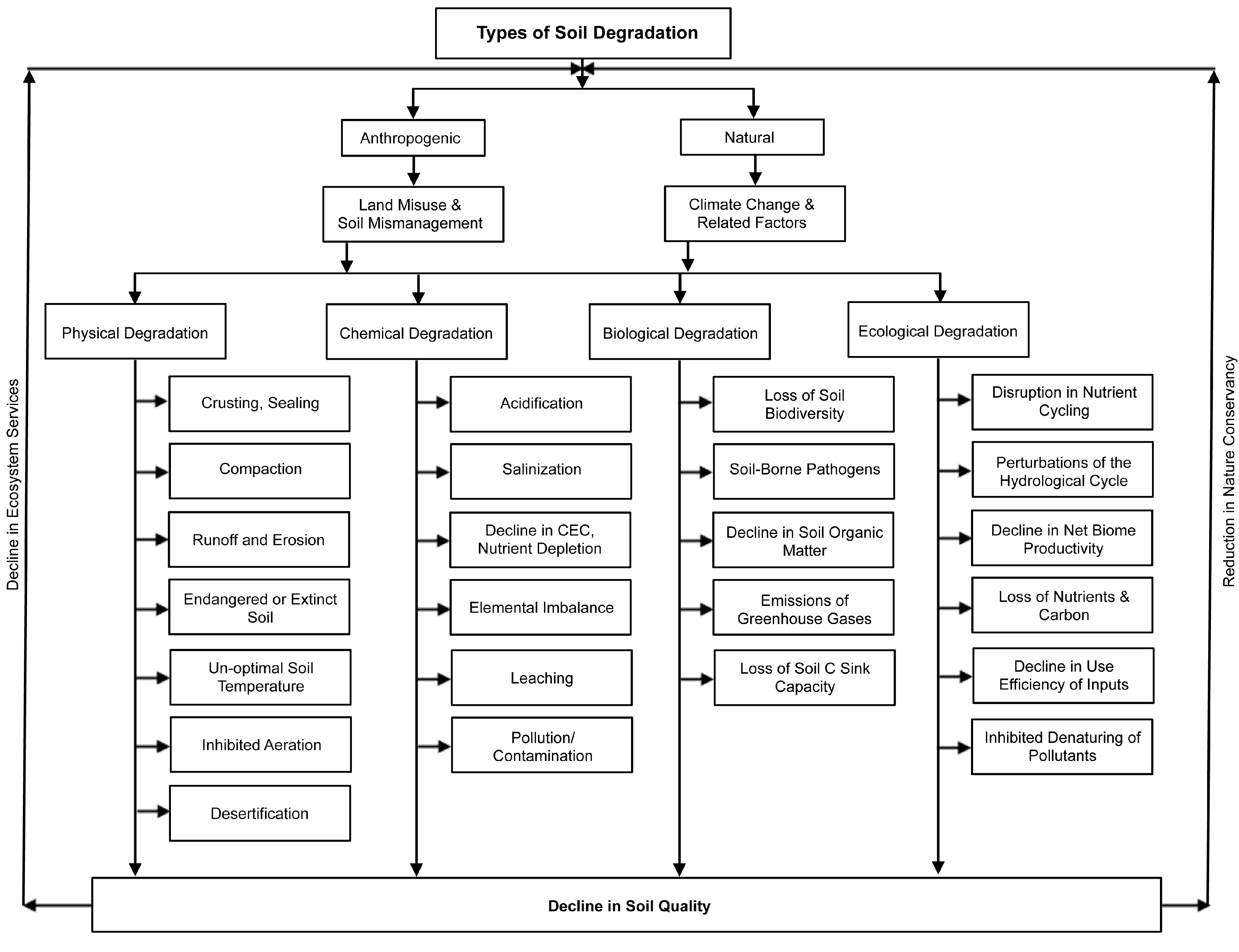
Feeding the world population, 7.3 billion in 2015 and projected to increase to 9.5 billion by 2050, necessitates an increase in agricultural production of ~70% between 2005 and 2050. Soil degradation, characterized by decline in quality and decrease in ecosystem goods and services, is a major constraint to achieving the required increase in agricultural production. Soil is a non-renewable resource on human time scales with its vulnerability to degradation depending on complex interactions between processes, factors and causes occurring at a range of spatial and temporal scales. Among the major soil degradation processes are accelerated erosion, depletion of the soil organic carbon (SOC) pool and loss in biodiversity, loss of soil fertility and elemental imbalance, acidification and salinization. Soil degradation trends can be reversed by conversion to a restorative land use and adoption of recommended management practices. The strategy is to minimize soil erosion, create positive SOC and N budgets, enhance activity and species diversity of soil biota (micro, meso, and macro), and improve structural stability and pore geometry. Improving soil quality (i.e., increasing SOC pool, improving soil structure, enhancing soil fertility) can reduce risks of soil degradation (physical, chemical, biological and ecological) while improving the environment. Increasing the SOC pool to above the critical level (10 to 15 g/kg) is essential to set-in-motion the restorative trends. Site-specific techniques of restoring soil quality include conservation agriculture, integrated nutrient management, continuous vegetative cover such as residue mulch and cover cropping, and controlled grazing at appropriate stocking rates. The strategy is to produce “more from less” by reducing losses and increasing soil, water, and nutrient use efficiency.

Sustainability, Free Full-Text, A Comparative Life Cycle Assessment of Meat Trays Made of Various Packaging Mate…

Sustainability A Comprehensive Foundation 45.1 PDF, PDF, Sustainability

Brandeis Senate Sustainability Committee
Sustainability Word Cloud
Sustainability, Free Full-Text

Sustainability Graphic by laurenejlevinson · Creative Fabrica
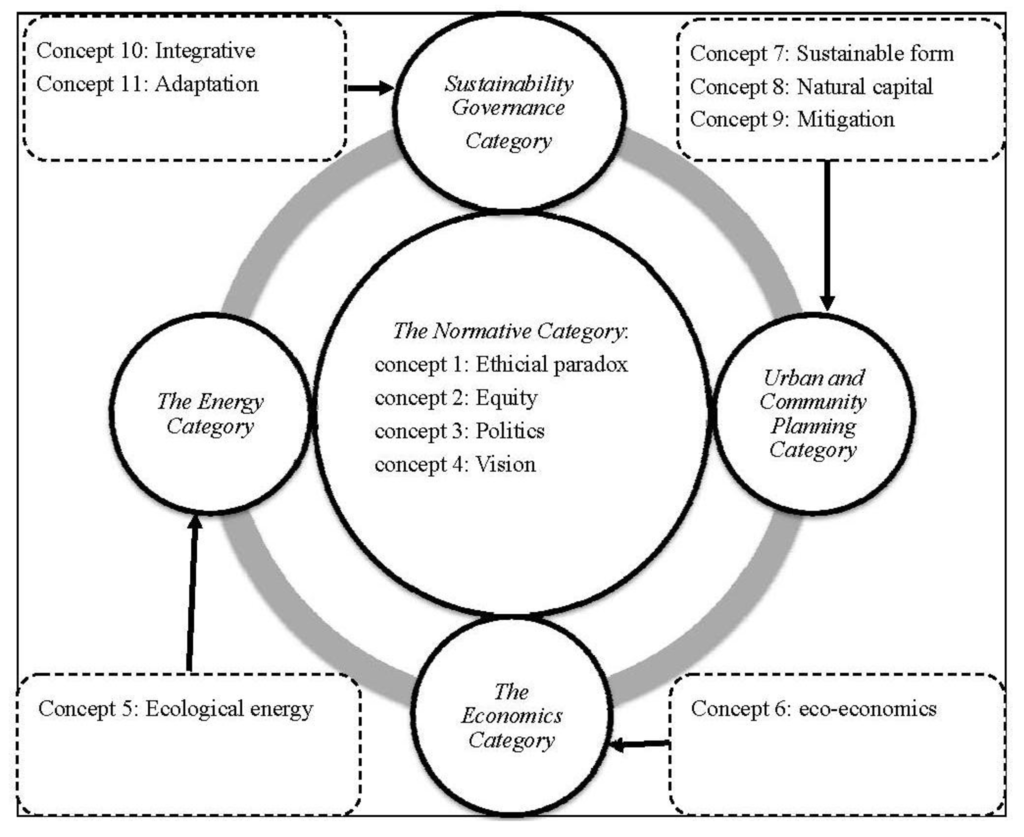
Sustainability, Free Full-Text

Environmental, Sustainable Papers LLC
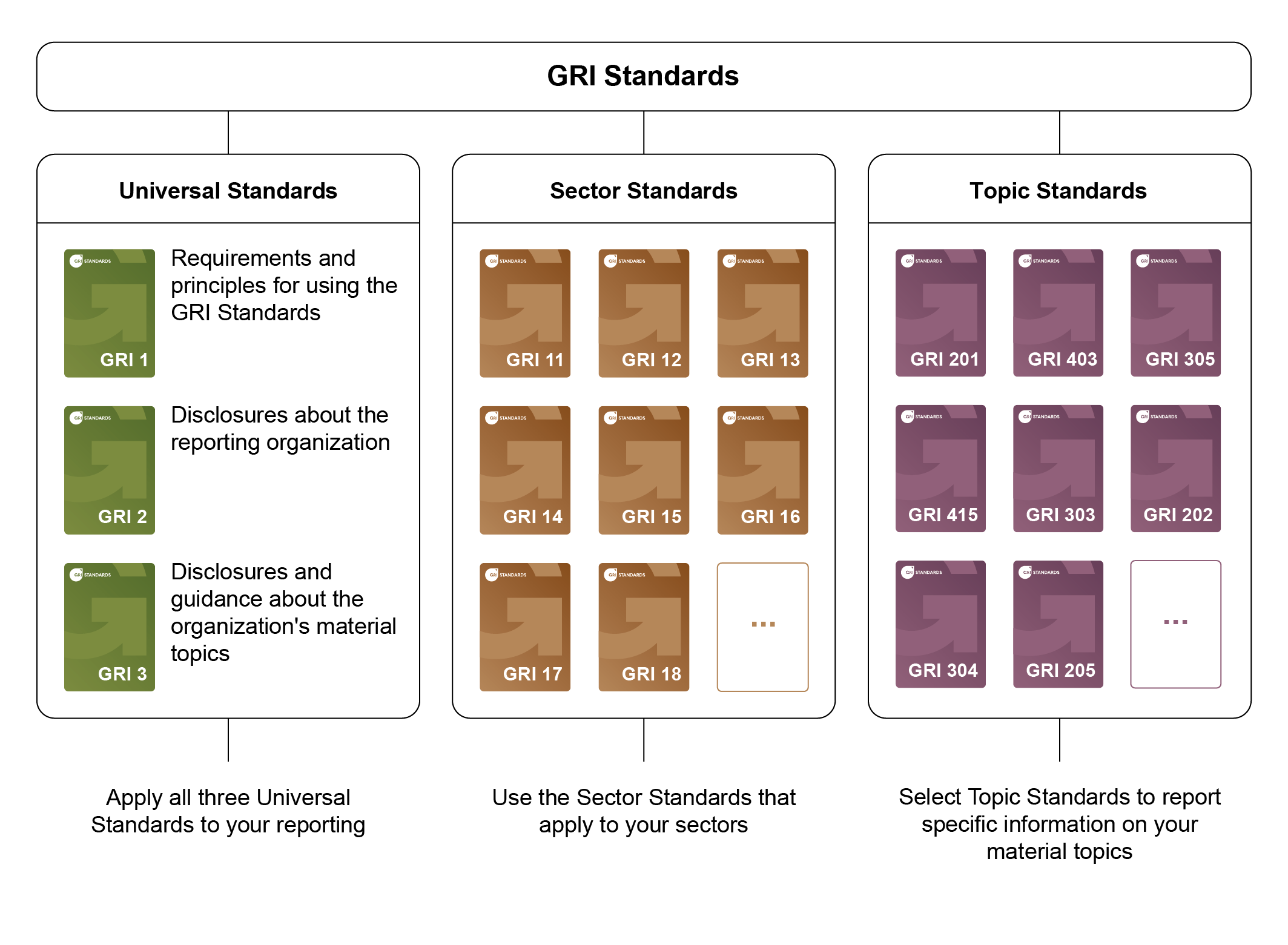
GRI - Standards

Citations - Environmental Sustainability: Definition, Examples & More

PDF] Sustainability by Maurie J. Cohen eBook
Sustainability : a Bedford spotlight reader : Weisser, Christian R., author : Free Download, Borrow, and Streaming : Internet Archive

Sustainability: A Comprehensive Foundation - Open Textbook Library
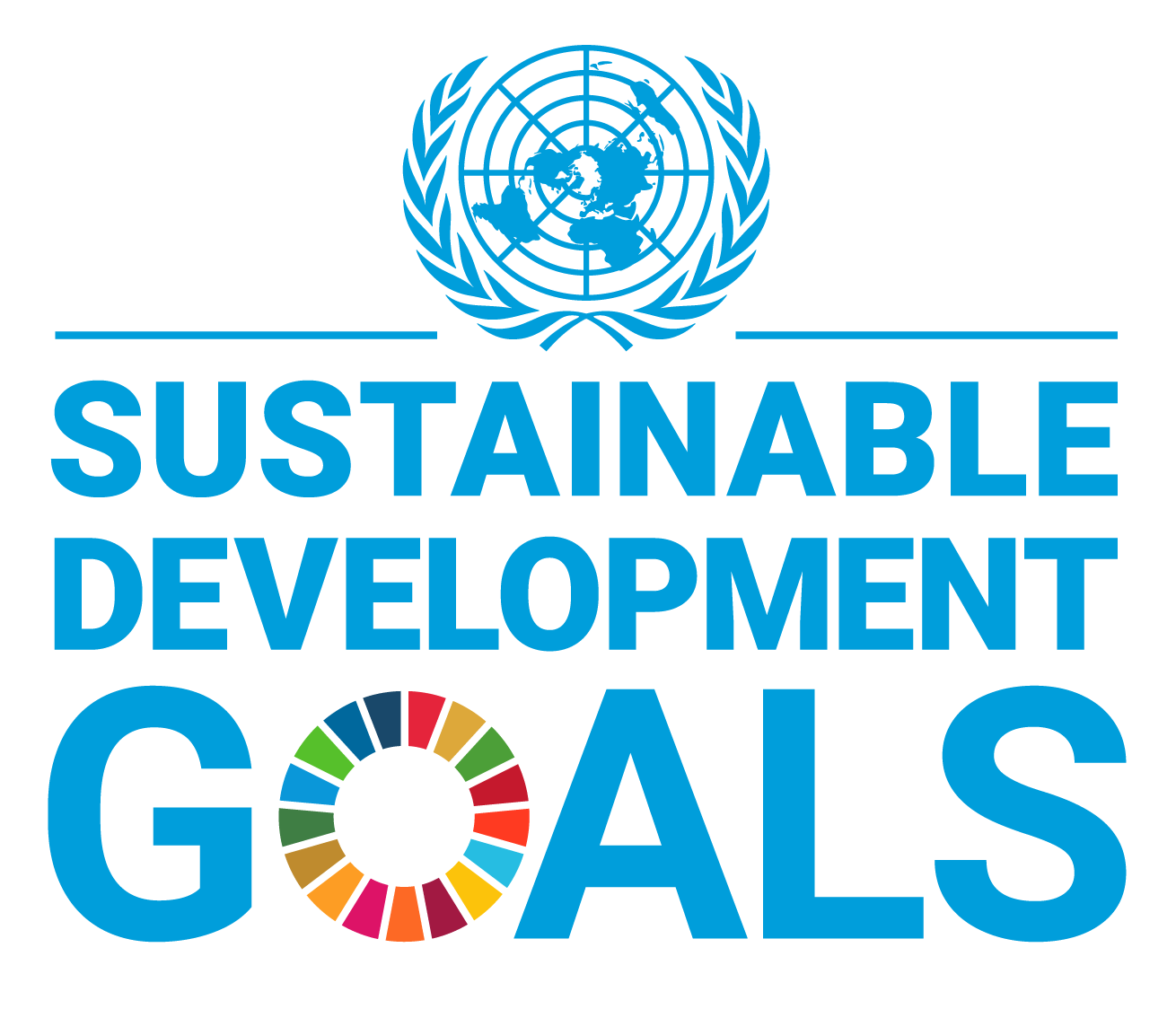
Goal 2: Zero Hunger - United Nations Sustainable Development
Recomendado para você
-
 Link Streaming Nonton The Marginal Service sub indo Episode 2 3 4 5 6 7 802 junho 2024
Link Streaming Nonton The Marginal Service sub indo Episode 2 3 4 5 6 7 802 junho 2024 -
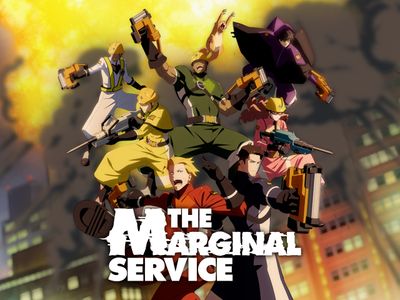 The Marginal Service: Where to Watch and Stream Online02 junho 2024
The Marginal Service: Where to Watch and Stream Online02 junho 2024 -
 The Marginal Service: Season 1 (2023) — The Movie Database (TMDB)02 junho 2024
The Marginal Service: Season 1 (2023) — The Movie Database (TMDB)02 junho 2024 -
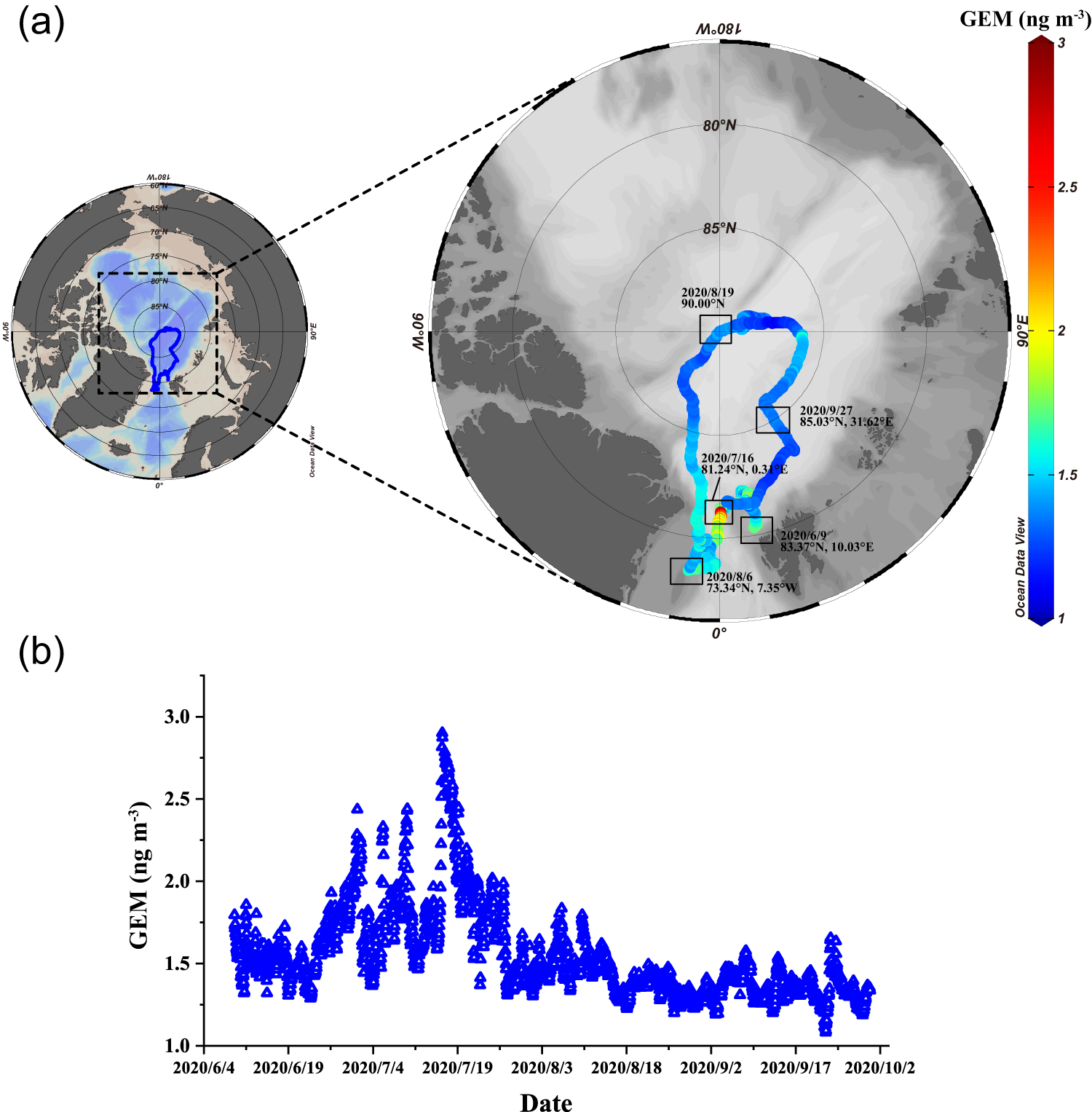 The Marginal Ice Zone as a dominant source region of atmospheric mercury during central Arctic summertime02 junho 2024
The Marginal Ice Zone as a dominant source region of atmospheric mercury during central Arctic summertime02 junho 2024 -
 A compiled key to the recent Stomatopoda of the Indo-West Pacific region02 junho 2024
A compiled key to the recent Stomatopoda of the Indo-West Pacific region02 junho 2024 -
![Low-level nutrient enrichment during thermal stress delays bleaching and ameliorates calcification in three Hawaiian reef coral species [PeerJ]](https://dfzljdn9uc3pi.cloudfront.net/2022/13707/1/fig-4-full.png) Low-level nutrient enrichment during thermal stress delays bleaching and ameliorates calcification in three Hawaiian reef coral species [PeerJ]02 junho 2024
Low-level nutrient enrichment during thermal stress delays bleaching and ameliorates calcification in three Hawaiian reef coral species [PeerJ]02 junho 2024 -
 Christophe Jaffrelot writes: What the Indo-French relationship needs02 junho 2024
Christophe Jaffrelot writes: What the Indo-French relationship needs02 junho 2024 -
 Intensified cropping reduces soil erosion and improves rainfall partitioning and soil properties in the marginal land of the Indian Himalayas - ScienceDirect02 junho 2024
Intensified cropping reduces soil erosion and improves rainfall partitioning and soil properties in the marginal land of the Indian Himalayas - ScienceDirect02 junho 2024 -
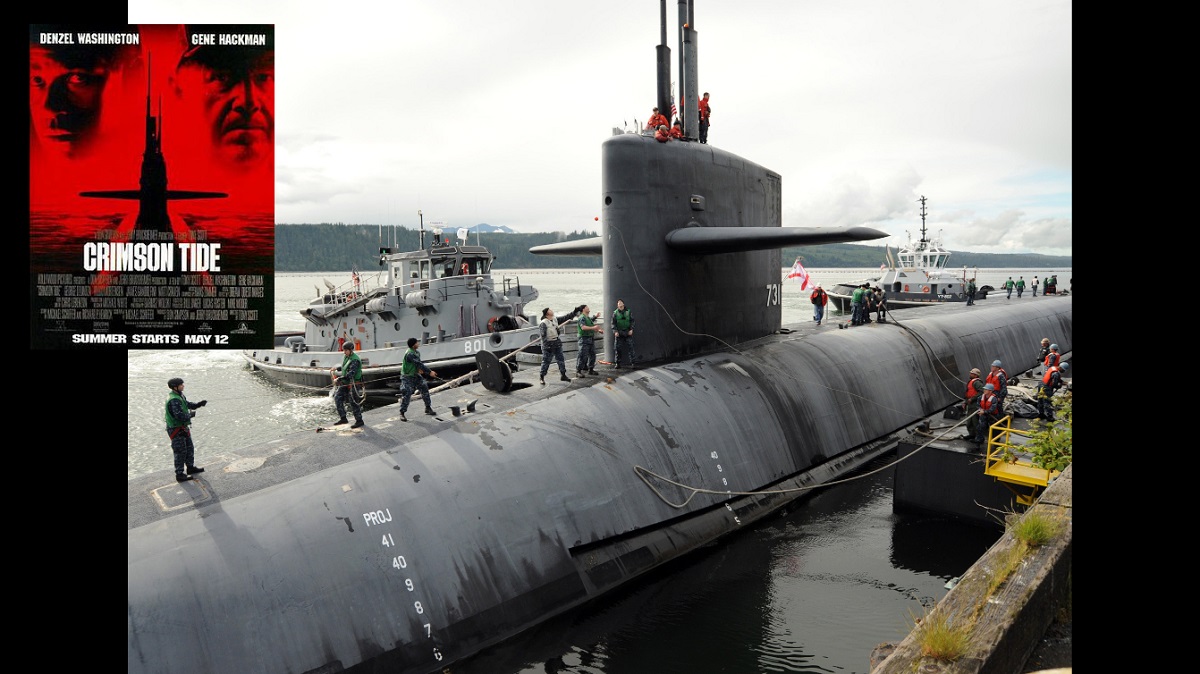 CRIMSON TIDE'S CAPTAIN RAMSEY: A LESSON IN TOXIC LEADERSHIP - War Room - U.S. Army War College02 junho 2024
CRIMSON TIDE'S CAPTAIN RAMSEY: A LESSON IN TOXIC LEADERSHIP - War Room - U.S. Army War College02 junho 2024 -
Sources, Composition, and Mixing State of Submicron Particulates over the Central Indo-Gangetic Plain02 junho 2024
você pode gostar
-
 Segundo Filme de Bunny Girl Senpai Recebe Novo Visual02 junho 2024
Segundo Filme de Bunny Girl Senpai Recebe Novo Visual02 junho 2024 -
Plasma Metal Sonic02 junho 2024
-
 Mundo da Ny: Cabelo: Igora 7.77 + 0.7702 junho 2024
Mundo da Ny: Cabelo: Igora 7.77 + 0.7702 junho 2024 -
TNT Sports Brasil - Saiu a escalação do Manchester City e Gabriel Jesus estará no banco! Tá na torcida pro brasileiro entrar e marcar no clássico?02 junho 2024
-
 Ilustração do panda bonito dos desenhos animados com flor02 junho 2024
Ilustração do panda bonito dos desenhos animados com flor02 junho 2024 -
 Withered Freddy Paint By Numbers - Numeral Paint Kit02 junho 2024
Withered Freddy Paint By Numbers - Numeral Paint Kit02 junho 2024 -
 I/O API installation LINUX 3.10.0-1127.19.1.el7.x86_64 - I/O API02 junho 2024
I/O API installation LINUX 3.10.0-1127.19.1.el7.x86_64 - I/O API02 junho 2024 -
 How Wearing High Heels Causes Pain02 junho 2024
How Wearing High Heels Causes Pain02 junho 2024 -
 John Wick: Um Novo Dia Para Matar (2017)02 junho 2024
John Wick: Um Novo Dia Para Matar (2017)02 junho 2024 -
 Chess Ultra (Multi) é o jogo grátis da semana na Epic Games Store - GameBlast02 junho 2024
Chess Ultra (Multi) é o jogo grátis da semana na Epic Games Store - GameBlast02 junho 2024

